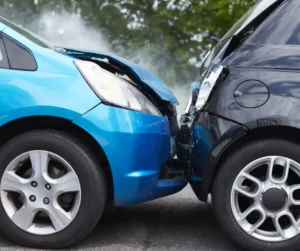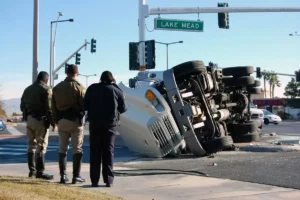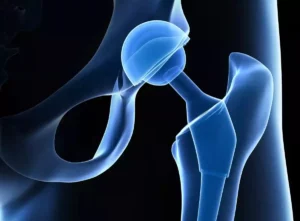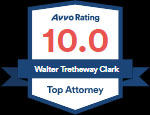Now that school is back in session, drivers need to pay special attention to school buses on the road. In other areas of the state, the California Highway Patrol (CHP) is currently conducting special school bus safety operations to ensure that drivers are stopping for buses. Although the operation is not taking place in our local desert communities, it is still an important reminder for California drivers to always stop for school buses.
What Does California Law Say About Stopping for School Buses?
According to California’s Vehicle Code, a school bus driver must activate the bus’s flashing amber warning lights 200 feet before the bus stop. Once the school bus stops, the bus driver turns on the flashing red lights. If the bus is equipped with a stop signal arm, the driver also displays that. Remember that older model buses do not have the stop signal arm.
Drivers should slow down if they see the flashing amber lights, as this indicates the bus will soon be stopping. Do not speed up to try to beat the bus. First off, an officer might ticket you for an unsafe maneuver. Or far worse, you could time it wrong and cause an accident. Once the flashing red lights turn on, you must stop until the bus driver turns them back off.
Do You Have to Stop if You are Traveling in the Opposite Direction?
If you are passing a school bus from the opposite direction and are on a multi-lane or divided highway, you are not required to stop for the stopped school bus. However, if you are traveling on a two-lane road and are approaching the school bus from the opposite direction, you must still stop. A multi-lane highway is defined as a roadway that has two or more lanes in each direction. A divided highway has a physical median separating each direction of traffic.
According to a one-day survey conducted last year, more than 26,000 California motorists failed to stop for school buses. Drivers who are ticketed for failing to stop for a school bus can be fined up to $1,000.
The National Highway Traffic Safety Administration (NHTSA) reports that school transportation is actually eight times safer for children than riding in a parent’s vehicle to school. Still, most school bus-related injuries and deaths happen when children are crossing the street. Thus, drivers must always take caution around school buses and understand the stopping laws.
“Let’s keep kids safe as they travel to and from school by always stopping for school buses when it is required,” said Attorney Walter Clark, founder of Walter Clark Legal Group.
Our firm has been handling personal injury cases throughout the California Low Desert and High Desert communities for over 30 years. With a 95% success rate, the California personal injury attorneys at Walter Clark Legal Group will fight to hold those responsible for your loss accountable and win compensation to cover medical bills, lost wages, and pain and suffering. If you have been injured in an auto accident and want to discuss your legal options, contact us today for a free consultation with an experienced personal injury lawyer. We have offices in Indio, Rancho Mirage, Victorville, and Yucca Valley and represent clients through the entire California Low Desert and High Desert communities.
DISCLAIMER: The Walter Clark Legal Group blog is intended for general information purposes only and is not intended as legal or medical advice. References to laws are based on general legal practices and vary by location. Information reported comes from secondary news sources. We do handle these types of cases, but whether or not the individuals and/or loved ones involved in these accidents choose to be represented by a law firm is a personal choice we respect. Should you find any of the information incorrect, we welcome you to contact us with corrections.
- What To Do If You Have Been Injured At A Concert In California? Mar 27,2024
- Walter Clark Legal Group Reimburses Thanksgiving Ride Fares Nov 14,2023
- Walter Clark Legal Group Donates Backpacks to Booker T. Washington Elementary School Aug 22,2023
- Walter Clark Legal Group Donates Backpacks to Underserved Students Aug 22,2023
- Walter Clark Legal Group Reimburses Labor Day Ride Fares Aug 21,2023
- 2023 Safe Ride Home Program Jun 21,2023





















